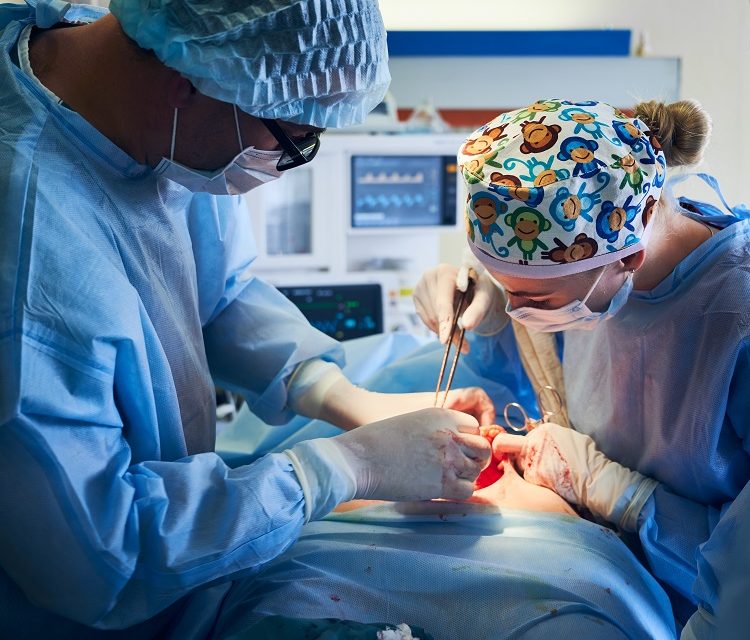Little is known about the survival outcomes of and predictive factors for survival in hemodialysis patients undergoing surgery for gastric cancer.
We performed a multicenter retrospective study from 9 institutions to investigate the survival outcomes of 75 hemodialysis patients with gastric cancer. Patient characteristics included demographic data, hemodialysis- and gastric cancer-related variables. Multivariate Cox hazards models were applied to determine independent predictors of poor overall survival and non-gastric cancer related death.
Stage I disease was predominant (58.7%) in our series. The overall morbidity and the 30-day mortality rates were 25.3% and 1.3%, respectively. The 5-year overall survival rates of patients with pStages I, II, III, and IV disease were 59.2%, 42.9%, 32.3%, and 0%, respectively. Eleven (14.7%) patients died of gastric cancer, whereas many more (40.0%) died owing to causes other than gastric cancer. Non-gastric cancer-related death was especially prevalent in patients with pStages I (95.2%) and II (75.0%) disease. Multivariable analysis revealed advanced age, long duration of hemodialysis (> 5 years), total gastrectomy, and pStage IV disease to be independently associated with poor overall survival. Notably, advanced age, long duration of hemodialysis, and the presence of cardiovascular disease were all independent predictors of non-gastric cancer-related death. Patients with all 3 factors had very poor survival outcomes (3-year overall survival; 14.3%).
The survival outcomes of hemodialysis patients with gastric cancer, especially those with early-stage gastric cancer, were clearly poor, largely owing to the increased risk of non-gastric cancer-related death. Preoperative comorbidities and hemodialytic features were useful for predicting long-term outcomes of this vulnerable population.
Copyright © 2021 Elsevier Inc. All rights reserved.
Prognosis of hemodialysis patients undergoing surgery for gastric cancer: Results of a multicenter retrospective study.


